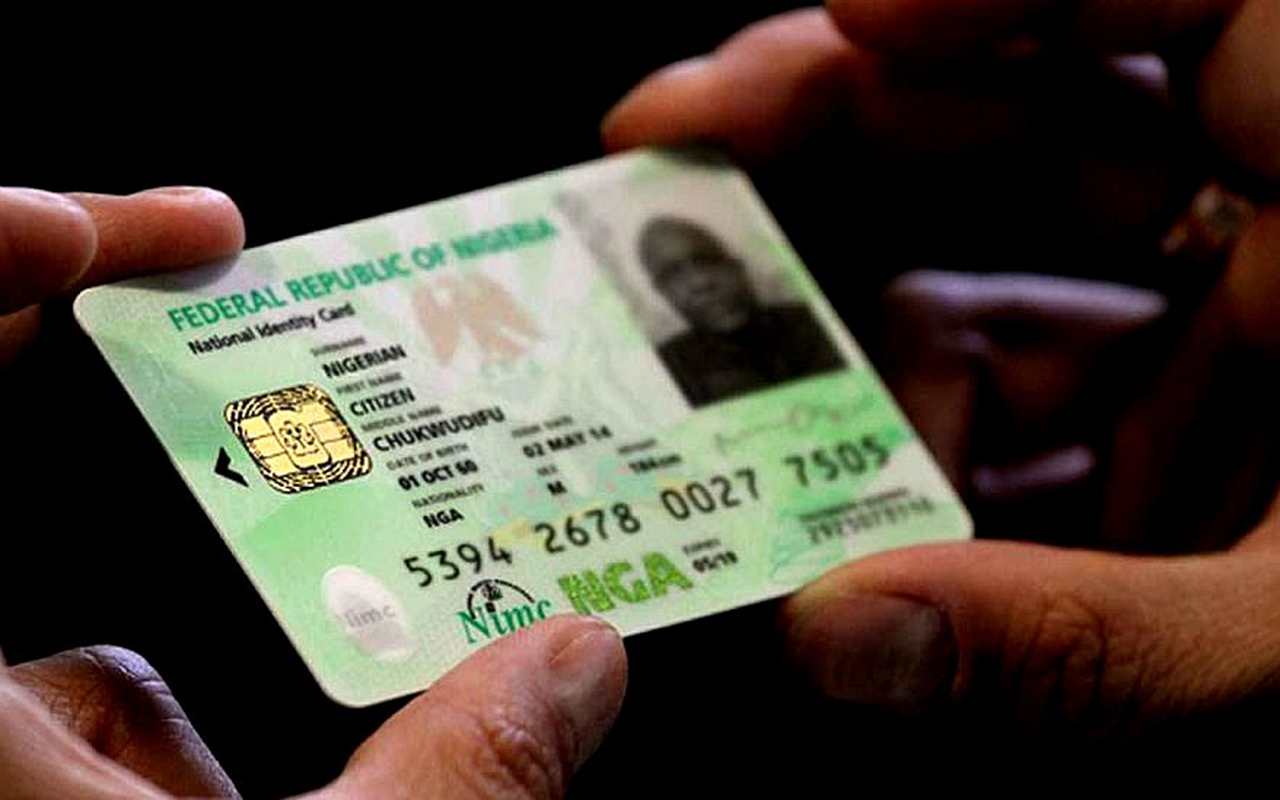The Federal Government has announced plans to use the National Identification Number to track all unpaid loans across the country.
The move is aimed at strengthening Nigeria’s credit infrastructure and curbing corruption.
Managing Director of the Nigerian Consumer Credit Corporation, Uzoma Nwagba, disclosed this during a “Meet the Press” briefing organized by the Presidential Media Team at the State House, Abuja.
Nwagba revealed that the government is developing a centralized credit tracking system that will link individuals’ credit scores directly to their National Identification Number.
The system is designed to promote responsible lending and ensure efficient loan repayment.
“All financial institutions, whether commercial banks, FinTechs, or microfinance lenders, will be mandated to report loan performance. Every Nigerian will have an accurate and traceable credit score. No matter where the loan originates, unpaid credit will be tracked and recoverable,” he said.
To promote loan recovery and repayment discipline, Nwagba stated that CREDICORP will enforce restrictions on defaulters as part of its broader enforcement strategy.
“Beneficiaries must repay their loans on schedule. Defaulters may face restrictions such as being unable to renew their passport, obtain a driver’s license, or even rent a house,” Nwagba warned.
The Managing Director added that the agency’s broader mandate is to enhance Nigerians’ standard of living and reduce incentives for corruption through improved access to credit.
Nwagba also announced plans to launch a nationwide YouthCred programme targeting 400,000 young Nigerians, starting with members of the National Youth Service Corps (NYSC).
Speaking further, CREDICORP’s Executive Director of Operations, Mrs. Olanike Kolawole, said the initiative will focus on individuals aged 18 to 35. She noted that it is being developed in partnership with banks, technology companies, and youth-focused organizations.
“YouthCred is not just a credit product, it’s a generational investment in financial confidence, trust, and economic inclusion,” she said.
Kolawole noted that Nigeria needs an estimated N183 trillion in credit to drive broad-based economic growth.
She emphasized that active private sector participation is essential to meeting this demand and sustaining the country’s development goals.
“No government has that kind of money. We need all financial institutions to buy into this and commit to sustainable consumer credit. With the right infrastructure, lenders will be more confident, and Nigerians will have better access to credit,” she added.










